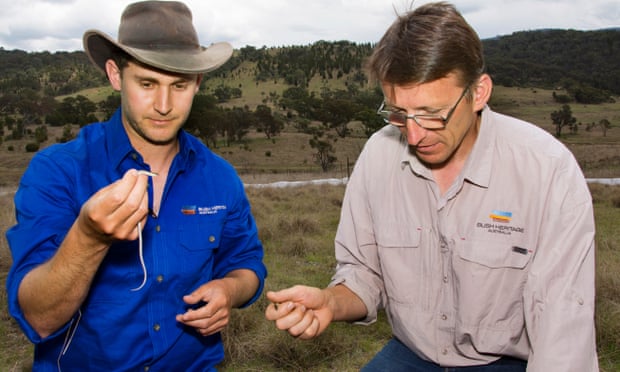By Herp News
Clouded leopards are being increasingly traded for commercial purposes, and their skins and other body parts are flooding illegal wildlife markets, according to a recent study published in Biodiversity and Conservation. In fact, in some illegal wildlife markets in southeast Asia, clouded leopards are more commonly traded than tigers, researchers have found. Fewer than 10,000 mature individuals remain of each of the two clouded leopard species found in Southeast Asia — the mainland species (Neofelis nebulosa) and the Sunda clouded leopard (Neofelis diardi), which occurs only on the islands of Sumatra and Borneo. These attractive big cats with distinctive cloud-like markings on their coats, and thick and plush tails, are gaining popularity in commercial markets, authors write. To investigate the extent of the clouded leopard trade, researchers, Neil D’Cruze and David Macdonald, from University of Oxford’s Wildlife Conservation Research Unit, scanned through reports filed with the Convention on International Trade in Endangered Species of Wild Flora and Fauna (CITES), published scientific literature, and interviewed experts who study clouded leopards. Clouded leopards are in danger. They are the most traded big cats in some illegal wildlife markets, according to study. Photo by Charles Barilleaux, Wikimedia Commons. They found that between 1975 and 2013, CITES received 316 records of clouded leopard trades. Of these over 70 percent records referred to trade in live clouded leopards, while the rest included trade in skins, bones, skulls, and other body parts. Japan is the most active importer of live clouded leopards for commercial purposes,…
…read more
Read more here: herpetofauna.com
No products found.












